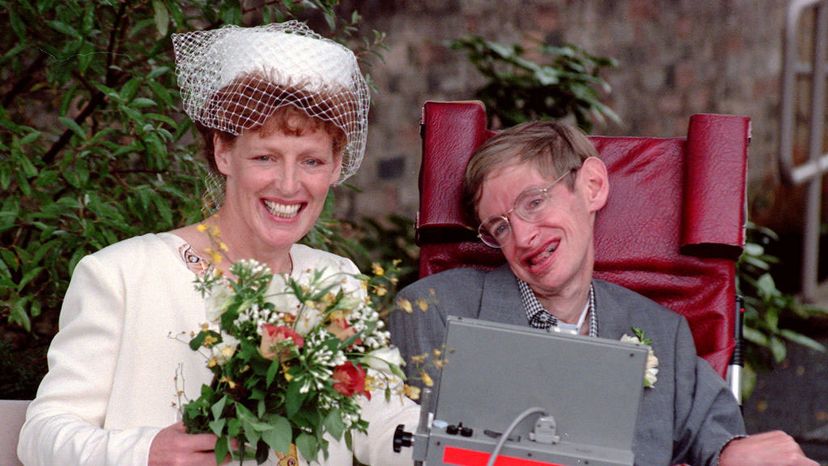God, Aliens -- and Hawking

In his later life, Stephen Hawking became more vocal in his opinions on life, death, God and the possibility of humanity being alone in the universe.
"I regard the brain as a computer which will stop working when its components fail. There is no heaven or afterlife for broken down computers; that is a fairy story for people afraid of the dark," Hawking famously said in a 2011 interview with The Guardian.
Advertisement
At the root of the physicist's beliefs lay the idea that the universe did not need a creator to begin. This is because he thought the conditions in which the universe began could have spontaneously happened elsewhere. Some labeled his thoughts as atheistic, but those close to Hawking say he never used that term to describe himself [source: Ferguson].
Instead, Hawking viewed God as the embodiment of the laws of physics.
"It's not a personal God in which you have a personal relationship with, or a God that interferes in life -- in our lives or in the universe in general," said Kitty Ferguson, Hawking's friend and biographer in a 2012 interview with HowStuffWorks. "He does think his no-boundary proposal wipes out the need for God as a creator."
Hawking's comments about God were usually communicated directly through media outlets, leading some people to wonder whether there were simply made to get more publicity [source: Fahy].
The well-known scientist also became more speculative about the existence of aliens in the universe, too. He thought it's probable that other life forms exist and compared a possible alien visit to Earth to Columbus' trip to the Americas. Extraterrestrials likely have more advanced technology and the potential need to conquer the planet for power or resources, which would lead humans to potentially be wiped out from war or disease [source: Huessner]. Therefore we should not try to communicate with aliens.
Lastly, we'll examine how Hawking adapted to some of the challenges of ALS.